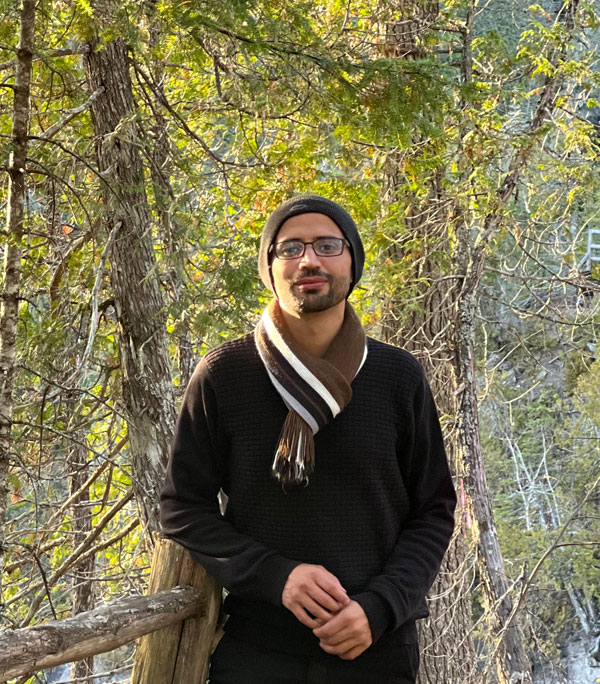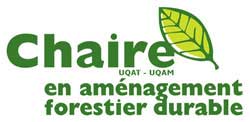
Après avoir réalisé une expérience enrichissante sur le bilan du carbone forestier dans les forêts méditerranéennes, modélisation et cartographie, je suis ravi d’approfondir mes connaissances sur ces thèmes dans les forêts boréales avec des chercheurs et experts célèbres au niveau international.
Je vais mieux comprendre les effets à long terme des différents scénarios d’aménagement forestier ainsi que les perturbations naturelles sur le bilan carbone dans les forêts boréales à l’échelle du peuplement et du paysage.
Projet de recherche : Modelling boreal forest carbon budget dynamics under natural and anthropogenic disturbances along a longitudinal gradient in Quebec
Carbon sequestration by forest ecosystems is a part of the climate change mitigation strategy identified by the intergovernmental panel on climate change (IPCC). However, boreal forests will be experiencing significant impacts under climate changes, mainly the alterations of natural disturbances cycles (wildfires, epidemics, windthrow). Increasing carbon sequestration in boreal forests and wood products through appropriate silvicultural treatments could be an effective tool to mitigate and adapt to climate change at regional and national scales. The purpose of this research is to characterize the relationship between timber production and carbon sequestration, considering the effect of different forest management strategies and natural disturbances regime. Our study aims to model and assess the carbon budget dynamics of managed forests along a longitudinal gradient, by testing different combinations of silvicultural treatments, natural disturbances, and climate change scenarios at two different scales: landscape and stand level. During those simulations, the LANDIS-II model will be used as a mechanistic model and the CBM-CFS3 model as an empirical model. The study sites are located in sensitive areas near the northern limit of Québec's managed forest.
Abderrahmane Ameray, Xavier Cavard, Dominic Cyr, Osvaldo Valeria, Miguel Montoro Girona, Yves Bergeron. (2024). One century of carbon dynamics in the eastern Canadian boreal forest under various management strategies and climate change projections Ecological Modelling. 110894. https://doi.org/10.1016/j.ecolmodel.2024.110894 lien
Abderrahmane Ameray, Xavier Cavard, Yves Bergeron. (2023). Climate change may increase Quebec boreal forest productivity in high latitudes by shifting its current composition Frontiers in forests and global change. 6:1020305. 10.3389/ffgc.2023.1020305 lien
Abderrahmane Ameray, Yves Bergeron, Xavier Cavard. (2023). Modelling the potential of forest management to mitigate climate change in Eastern Canadian forests Scientific Reports. 14506. 10.1038/s41598-023-41790-2 lien
Abderrahmane Ameray, Yves Bergeron, Osvaldo Valeria, Miguel Montoro Girona, Xavier Cavard. (2021). Forest Carbon Management: a Review of Silvicultural Practices and Management Strategies Across Boreal, Temperate and Tropical Forests Current Forestry Reports. . 10.1007/s40725-021-00151-w lien
